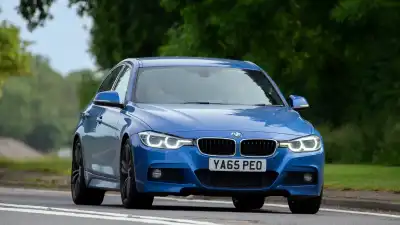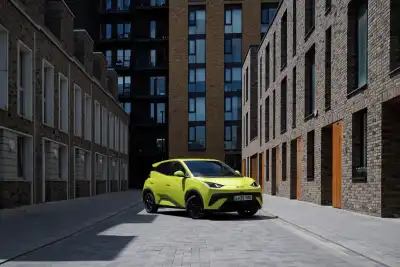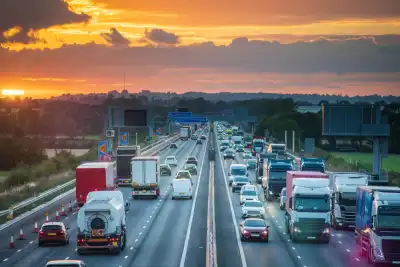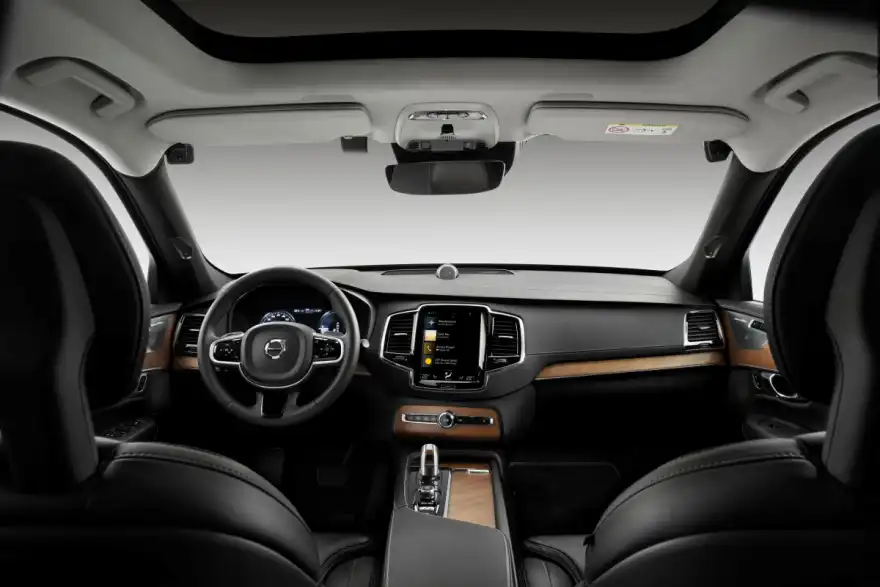
We posted an earlier news story about how Volvo will be limiting the top speed of all their cars to 112mph, as speeding was one of the greatest hindrances in their quest for zero fatalities in their vehicles. It’s all part of a campaign called ‘Vision 2020’. Hakan Samuelsson, President and CEO of Volvo Cars said: "Our vision is that by 2020 no one should be killed or seriously injured in a new Volvo car." They’re sticking to their word and making a really good effort to achieve their ambitions.
Volvo highlighted that the three hindrances that they will need to overcome are speeding, intoxication and driver distractions. Limiting cars to 112 miles per hour and applying speed limits in ‘geo-fenced’ territories is the first way in which they will tackle speeding drivers, but now we’re hearing of how they will approach the issue of intoxicated drivers.
In the United States, almost 30% of all traffic-related fatalities in 2017 involved drivers under the influence of drugs or alcohol. It’s a shocking statistic and it’s a similar story on our roads in the UK too.
Volvo has announced that they will be fitting their cars with in-car cameras and sensors which will read the body language of the driver and identify if they are clearly intoxicated or overly distracted to a point where they are risking the safety of other road users. The car could intervene in a number of ways. For example, it could limit the vehicles speed, alert the Volvo On Call assistance service or, in the worst case scenario, bring the car to a dead stop and safely park itself.
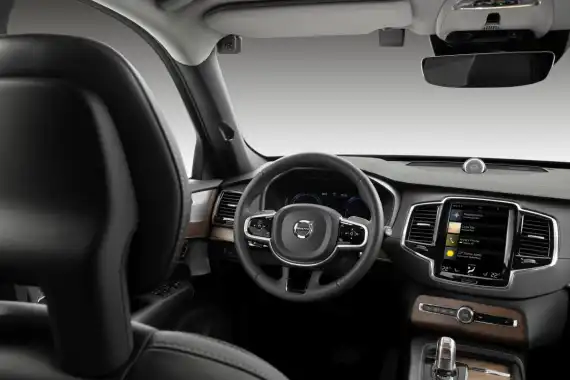
The cameras will look for a number of behaviours before intervening. For example, the car will step in if there has been a prolonged period of time without any steering input, or if the driver is detected to have closed their eyes. Extreme weaving across lanes and particularly slow reaction times will also trigger the safety sensors.
The introduction of these cameras and safety sensors will begin when Volvo roll out their next generation of scalable vehicle platforms in 2020, so they won’t be applied to the current version of the models on sale at present, but will likely be included in their replacements.
Volvo has also announced a ‘Care Key’ feature. This feature allows the owner of the vehicle to act as an admin, by setting speed limits, acceleration limits and so on, on the vehicle before lending it out to others. This gives the owner peace of mind that the car isn't being mistreated. Ideal, if you let your son or daughter borrow the car, for example, or when you leave it with the valet at the airport or hotel.
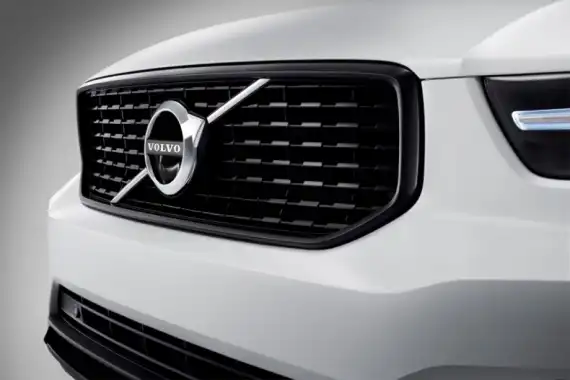
In credit to Volvo, they are the first manufacturer to prioritise vehicle and pedestrian safety as an obligation, instead of an optional extra. They clearly feel they have a duty to address the safety standards on the roads across the world and we feel that in time, all other manufacturers will follow suit.

